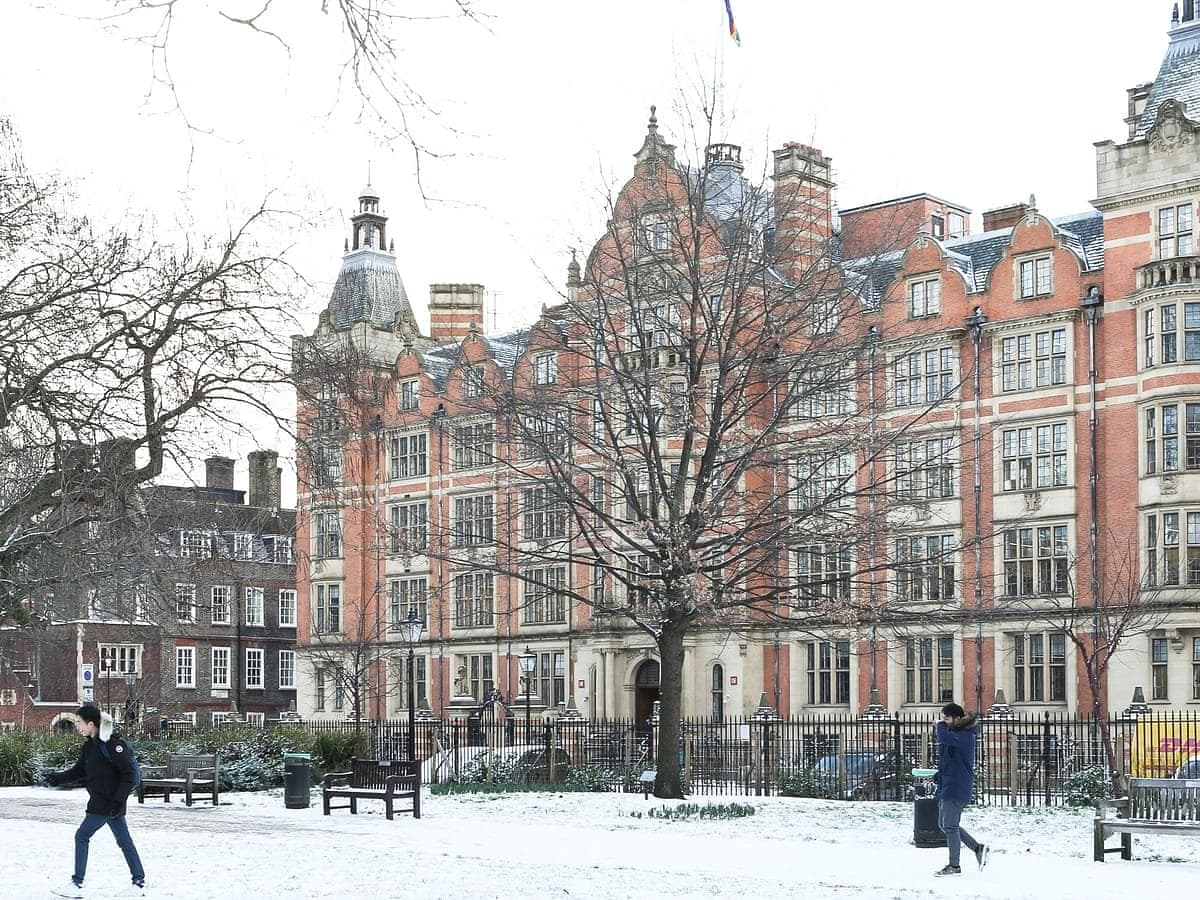This programme involves studying courses to the value of 12 units over three years, plus LSE100. The programme introduces students to social policy and the fundamentals of economics. The degree then progresses to more advanced topics and more detailed examination of specialist areas within the respective disciplines. It culminates in the third year with a dissertation in which students use what they have learned through their first and second year courses and specialist options, to conduct independent research in a relevant area.
First year
There are two compulsory social policy courses in the first year, as well as two half-unit mathematics courses and two half unit economics courses. In addition, you will also take LSE100.
(* denotes a half unit course)
Understanding International Social and Public Policy
Gives you a framework for understanding how and why societies have developed a variety of institutional arrangements to provide for their social welfare needs, focusing on key developments in different areas of social policy, such as social security, education, housing, health and social care.
Foundations of Social Policy Research
Examines the role research plays in social policy making and introduces the range of approaches used to understand social problems and policy responses.
Quantitative Methods (Mathematics)*
Develops the basic mathematical tools necessary for further study in economics and related disciplines.
Quantitative Methods (Statistics)*
Develops elementary statistical tools necessary for further study in management and economics.
Microeconomics I*
This course provides a foundation to help students understand key microeconomic questions using a variety of approaches including quantitative methods.
Macroeconomics I*
This course provides a foundation to help students understand key macroeconomic questions using a variety of approaches including quantitative methods.
LSE100*
A half unit, running across Michaelmas and Lent Term in the first year, LSE100 is compulsory for all LSE undergraduate students, and is designed to build your capacity to tackle multidimensional problems through research-rich education.
Second year
There are six compulsory courses in the second year.
Comparative and International Social Policy
Examines the distinct challenges of welfare provision faced by mature welfare states and the developing world.
Research Methods for Social Policy
Offers a comprehensive introduction to methods of social research in social policy.
Microeconomics II*
This intermediate-level course will help students understand key microeconomic questions and challenges and also evaluate possible solutions using a variety of approaches including quantitative methods.
Macroeconomics II*
This intermediate-level course will help students understand key macroeconomic questions and challenges and also evaluate possible solutions using a variety of approaches including quantitative methods.
Econometrics I*
Introduction to econometrics to teach students the theory and practice of empirical research in economics.
Econometrics II*
Intermediate-level course to teach students the theory of econometrics and the practice of empirical research in economics.
Third year
In the third year you will complete a dissertation and will take Public Economics. You choose your final two courses from the options available throughout social policy and economics, or an approved option outside of these Departments.
Dissertation
Students independently research a relevant topic of their own choice and design.
Public Economics
- Develops theoretical and applied public economics using intermediate economic theory.
- Options to the value of two units from social policy and economics or an approved option from another Departmen
